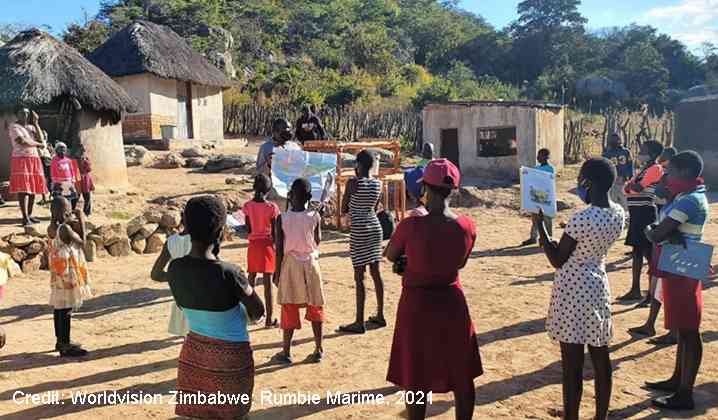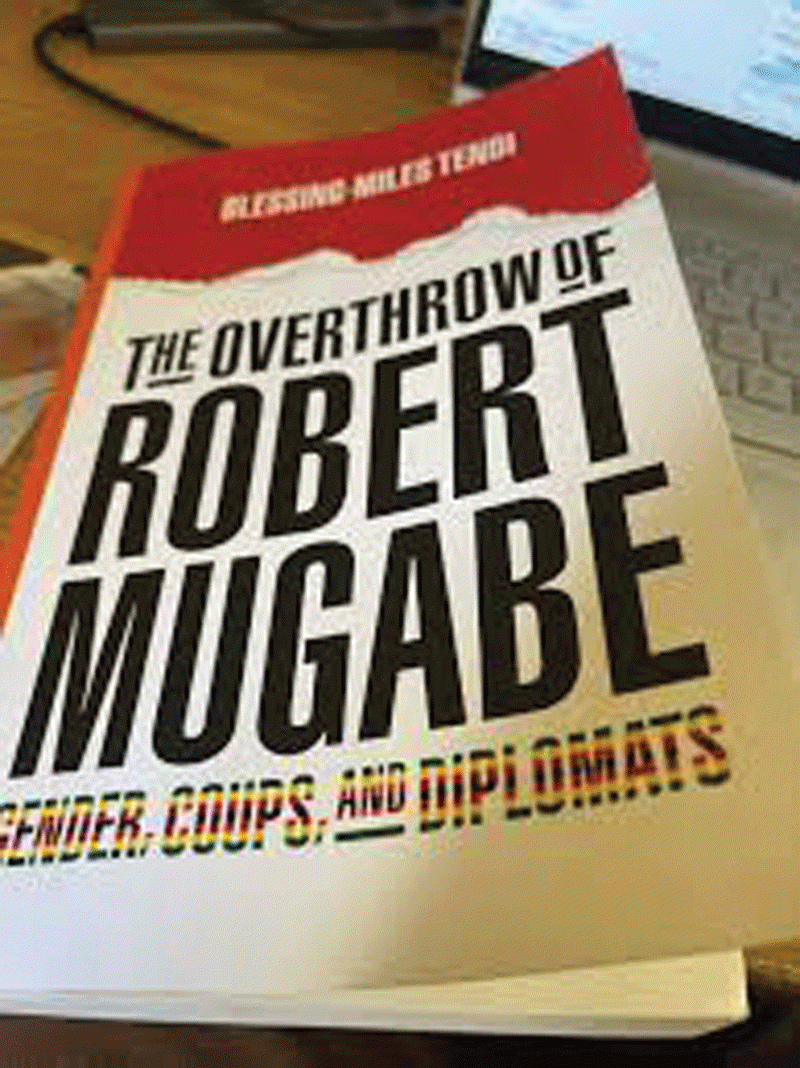
My mother is a real bird “fundi” and enthusiastic bird appreciation runs in the family. She grew up in England and learnt about birds at her own mother’s knee, and along with her siblings, developed a lifetime passion for birds, bird spotting and bird enjoyment.
She’s so good at it she knows all the calls, as well, and often points out some unusual visiting bird in my own garden purely by an isolated, yet for her, distinct cry. While I and my brother have never become the expert that she undoubtedly is, we still enjoy birds, as do our herd of English cousins, some of whom are true “Twitchers”, travelling the world to tick off various rare species from their lifetime lists of sightings.
Sometimes, though, I think our pure enjoyment and delight in simply watching birds and their often very social behaviour, is greater than that derived from a mere tick in a box! Some such twitcher- types seem to show no interest at all in sitting quietly for some time and simply taking pleasure in the antics and interesting behaviour of beautiful birds while they do their bird thing, losing interest the moment that tick is studiously placed! For me, an enthusiasm for and appreciation of birds for the sheer enjoyment and fascination of these amazing creatures, seems more pleasurable than an obsession with accumulating a list of sightings for its own sake.
I do know and recognise a goodly number of bird species, but would certainly like to know a good many more! So I just, and finally, joined BirdLife Zimbabwe — not having joined before, being sheer negligence and procrastination! This fine organisation, partnered with BirdLife International, has just launched its latest Harare Garden Bird Survey.
As a new member I was impressed to receive an entire “membership pack” by email which included all the details of how to go about participating, with a view to assisting in the gathering of very useful data — and certainly, I am bound to extend my knowledge in the process! They’ve also recently launched an A5 glossy magazine version of their newsletter The Babbler, which has been very well-received by members, advertisers and the public.
I love spotting and enjoying birds in my own garden, of which there are indeed many, and varied, so the survey is going to add to the pleasure. I’ve got to know the regulars, and I thoroughly enjoy them, especially the long crested eagle that pops by at least once a week, and even I can now easily recognise its very distinct cry!
- Chamisa under fire over US$120K donation
- Mavhunga puts DeMbare into Chibuku quarterfinals
- Pension funds bet on Cabora Bassa oilfields
- Councils defy govt fire tender directive
Keep Reading
Owls: beautiful birds associated with bad luck locally
My entire extended family shares a passion for owls, which runs through several generations and has now passed onto my brother’s small children. While we grew up with the belief that owls represented wisdom and good fortune, this is not at all the case in many cultures, including here in Zimbabwe, where many think of these as harbingers of death, or a bad omen.
The indigenous First Nations Americans on the other hand believe the sighting of an owl to be a distinctly good omen, an auspicious sign and a blessing. Each to their own! For my part, I just love enjoying the many marsh owls I encounter in the vleis where I go running in the evenings, and the spotted eagle owls sometimes seen on the edges of the same vleis, or as I set off home, while the nightly cries of the barn owls and spotted eagle owls who live in our area, but whom we rarely actually see, I find altogether comforting!
Since the last such survey, BirdLife reports that because outside our city limits, worrying levels of deforestation are gobbling woodlands and habitats, and because city residents have planted many trees and water their lawns and gardens, Harare is now quite literally a bird oasis. Our city provides a habitat that increasing numbers of birds are making their home — and BirdLife experts are expecting their survey to show this. The survey lasts a year. Let’s see if they’re right!











